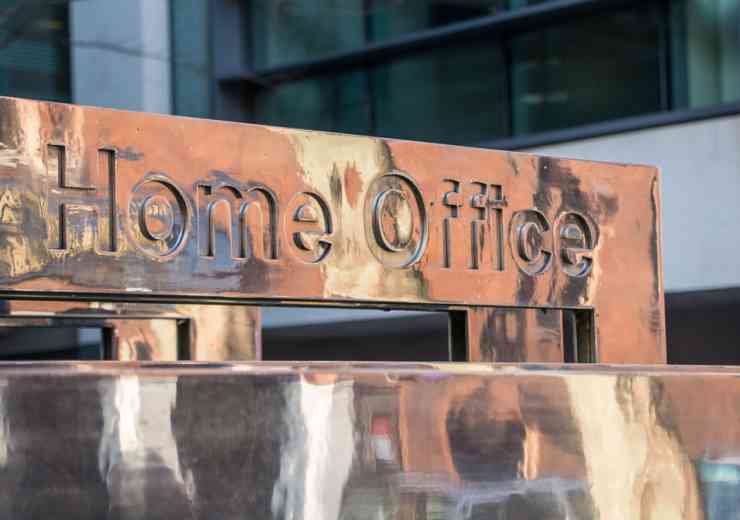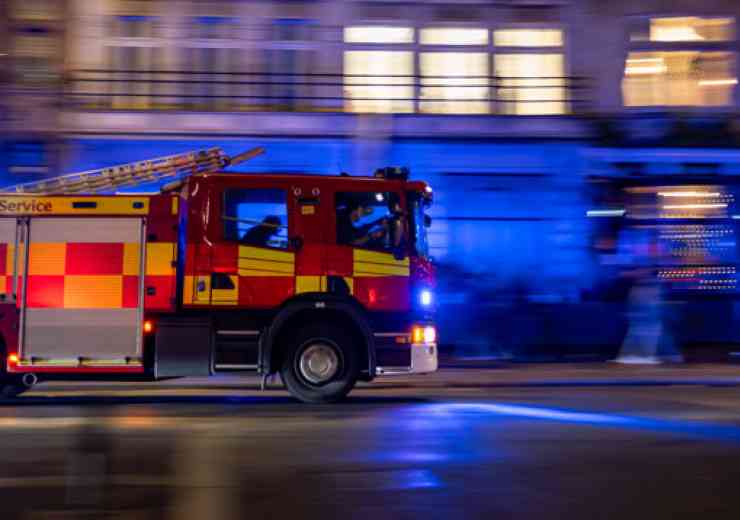Counter terror snooping law used for fly-tippers and parking
The Observer has reported that he Regulation of Investigatory Powers Act (Ripa) 2000 is being used by councils to combat ‘low-level’ offences, such as the misuse of blue badge parking permits, fly-tipping and benefit fraud.
The controversial surveillance legislation gives certain public bodies the right – under limited circumstances – to conduct surveillance activities, including for crime prevention and national security purposes. The law restricts local authorities in England and Wales to use the surveillance powers only to investigate crimes that carry a prison term of at least six months, unless they relate to the sale of alcohol or tobacco products to underage buyers.
According to the Observer, at least 70 councils in England and Wales were authorised to use Ripa powers between January 2018 and March 2021 to gather evidence via cameras, street surveillance and informants or undercover officers. Freedom of information data shows that a number of councils used the legislation to clamp down on what privacy campaigners described as ‘low-level offences’ that did not result in custodial sentences.
For example, Wandsworth council used the act in 2018 to launch three undercover operations into people deceitfully using a lost or stolen blue badge permit to park in a controlled parking zone. Similarly, Sandwell council deployed covert surveillance tactics to monitor ‘physical locations’ and scour Facebook to try to identify the suspected sellers of counterfeit Nike training shoes.
Eva Blum-Dumontet, senior research officer at Privacy International, said: “Ripa was introduced in the context of counter-terrorism, so it is strange how the powers are sometimes being used for low-level offences. On the question of benefits, there is no justification for that sort of surveillance being required for people who are by default in vulnerable situations.”






















